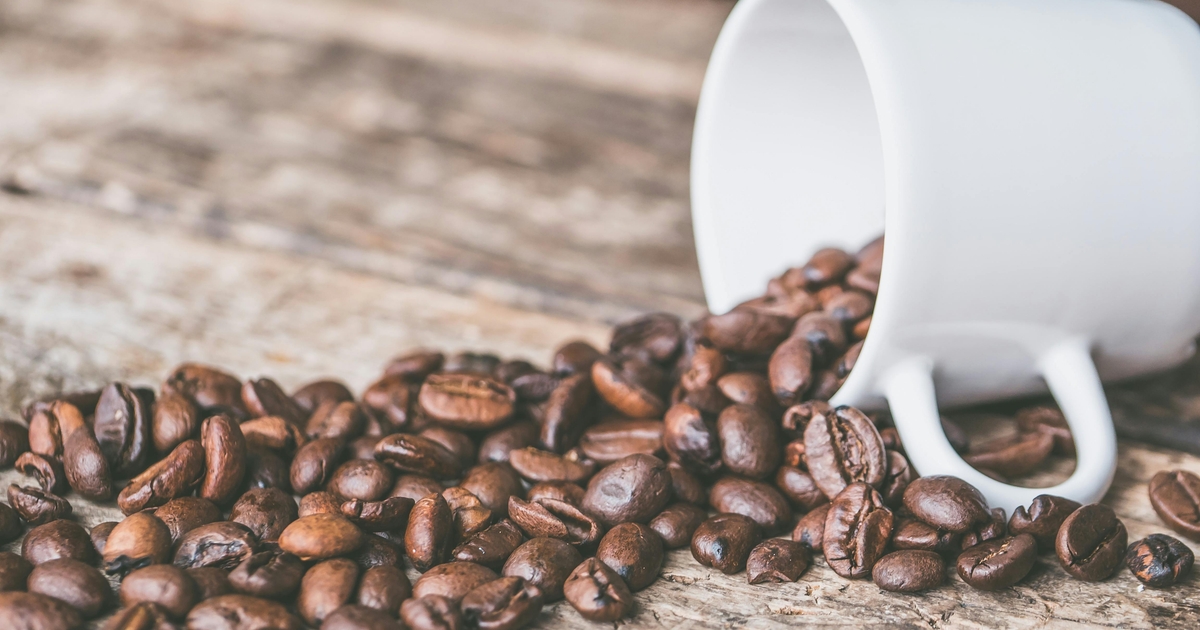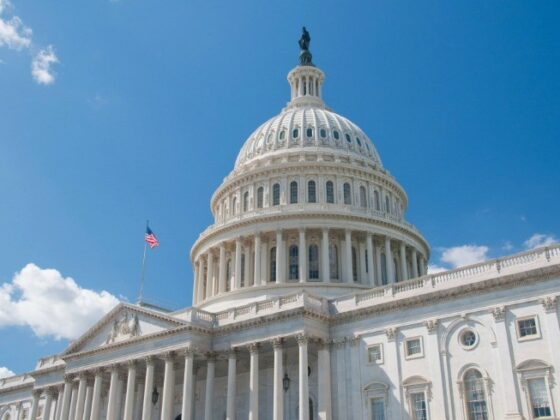
President Donald Trump signed an executive order Friday lifting some of the tariffs on select grocery and foodservice staples including coffee and tea, tropical fruit and juice, cocoa and spices, bananas, oranges, tomatoes, beef and fertilizers.
Before Nov. 14, these products were subject to Trump’s reciprocal tariffs, which were implemented this past April and operated on a tiered system, with a base 10% global rate that increased to 50% for select countries and products. In August, for example, Trump implemented a 50% tariff on products cost from Brazil, including coffee.
Prior to this rollback, the Tax Foundation estimated that 74% of the $221 billion in U.S. food imports were impacted by the Trump tariffs. According to the Foundation, the top products that were impacted by the tariffs include liqueurs and spirits, baked goods, coffee, fish, and beer.
With this new executive order, the White House said that “many of the announced trade deals and ongoing negotiations involve countries that produce substantial volumes of agricultural products that are not grown or produced in sufficient quantities in the United States.”

The restaurant industry has applauded the rollback of these tariffs, which had already prompted restaurant operators to shift sourcing policies and raise prices, in some instances.
“This action delivers needed relief for restaurants and their customers at a time when food costs have risen nearly 40% over the past four years,” National Restaurant Association CEO Michelle Korsmo said in a statement. “Restaurants depend on a steady, affordable supply of ingredients year-round. While we prioritize U.S. sourcing, many products simply cannot be grown domestically due to seasonal and climate limitations. This action will help keep menus diverse and prices reasonable, which is good for families and great for local businesses.”
Other groups that released statements in support of this development include the National Fisheries Institute and the Food Industry Association.
“Today’s action should help consumers, whose morning cup of coffee will hopefully become more affordable, as well as U.S. manufacturers, which utilize many of these products in their supply chains and production lines,” Food Industry Association president Leslie Sarasin said in a statement.
Before these tariffs were rolled back, the higher prices on imported goods were negatively impacting foodservice operators, especially the cost of beef, which reached an all-time high in 2025, and forced operators to cut back on LTOs and trim portion sizes, as reported by NRN.
Food items that are still subject to tariffs under federal law include wheat, dairy products, pork products, poultry, and most vegetables that have not been listed in the executive order. Additionally, tomatoes from Mexico will still be tariffed at 17%, per the trade agreement in place as of July.
Contact Joanna at [email protected]







